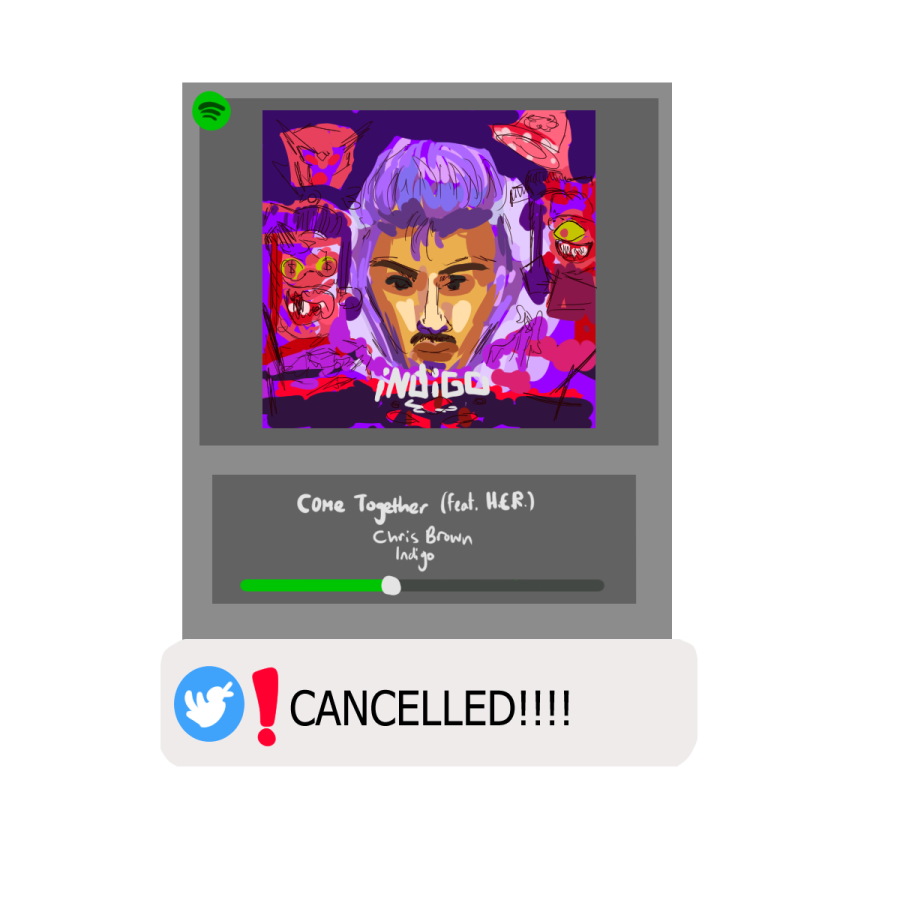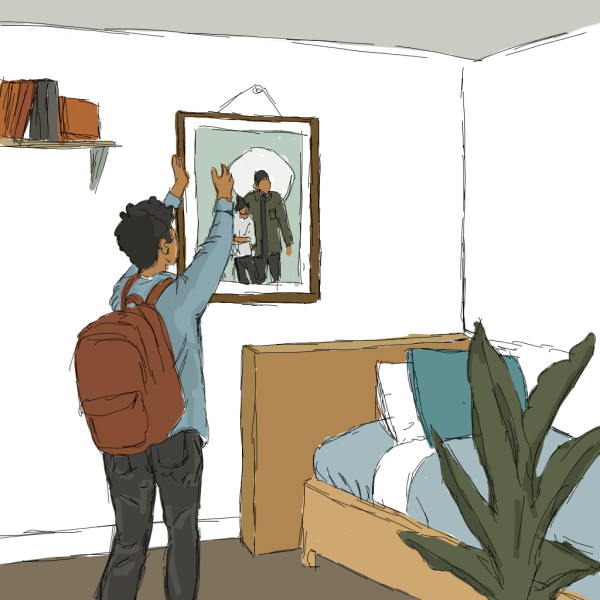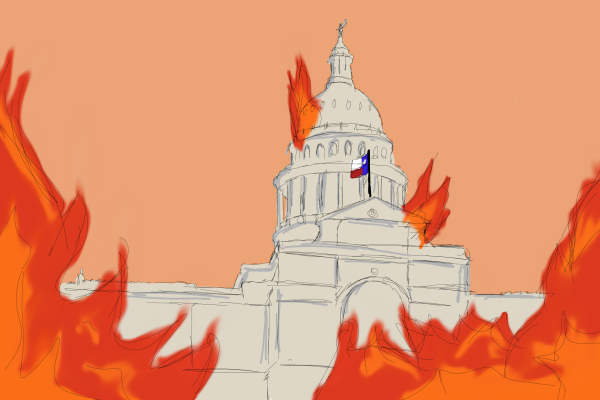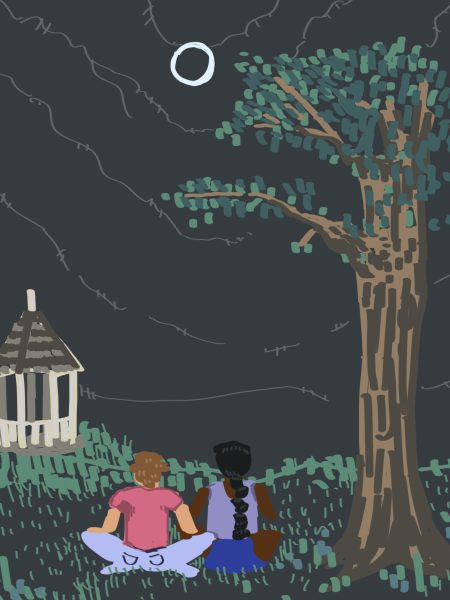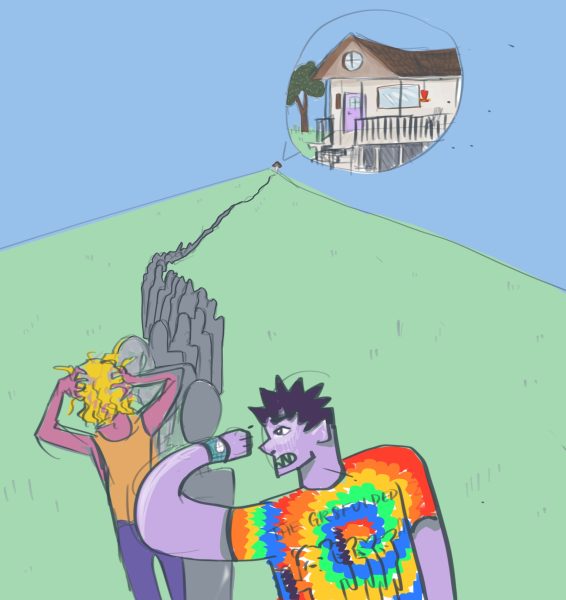Why cancel the art when the artist messes up
My jaw dropped and my heart sank as I read the news that Morgan Wallen had said racial slurs while intoxicated. An artist whose music I had connected with deeply, I could no longer respect. His songs carried meaning for me, but I could no longer listen to them as comfortably as I could before. My immediate reaction was to take all of his songs off my playlist, unfollow him and never think about his music again. As time went on, I realized this would not be as easy as I thought.
Cancel culture has become a huge part of society in regard to celebrities and influencers. Cancel culture not only does not hold celebrities accountable for their mistakes but ostracizes them from every community they had been a part of, destroying any social life they had once had. While cancel culture is not productive, I had canceled Morgan Wallen in my own life. The intentions behind canceling an artist are understandable, but this is not always the best way to hold celebrities accountable, especially when they have a big fanbase.
Social media has made it unacceptable for the public to continue following certain influencers and celebrities after they have been canceled. By publicly trying to hold these celebrities accountable on social media, there is pressure to follow what others are doing by unfollowing them. There is a stigma that these celebrities have your support if you follow them on social media. However, there is no “right way” for one to go about navigating their favorite artist once they have been canceled.
It’s difficult to separate the art from the artist because art is so personalized for both the creator and the audience. It creates a parasocial relationship because the audience (you and me) listen to the personal thoughts and feelings of the artist and relate our own thoughts and feelings to theirs. However, separating art from artists is necessary in the world we live in today because every move made by celebrities is recorded on social media.
When an artist gets canceled, some people may say “just find new music,” but it is not that simple or easy. While it may seem like it is just one song or album and it is easy to merely ignore it, the emotional connection one fosters with music makes it tricky.
Artists have specific meanings in mind when creating and producing music, but the beauty of music is that audiences also create their own meanings. It would be unfair to dictate how someone can listen to music because music is a different language in itself. It can often convey feelings in ways that we cannot say. Everyone feels music in ways and a song can have a million different meanings to a million different people. Music is created for interpretation and when having a deep connection to a song, there is no “right” way to separate the art from the artist.
While I do not think it is necessary to cut out an artist from your life when they make a mistake, what someone else may choose to do after an artist publicly messes up is completely up to them. The scale of severity varies from person to person. For me, the content of an artist’s music compared to their actions is a big factor in whether or not I continue listening to or supporting the artist.
For example, the British artist Rex Orange County is known for writing soft, intimate love songs. After hearing that he was accused of assaulting a girl six times, however, I did not feel comfortable enough to continue listening to his music. This may not be the same for someone else and that is OK. To me, his songs are caring, tender and make me feel safe. His actions show him to be exactly the opposite. The content of his songs makes his horrible actions feel even worse. While I cannot separate the art from the artist in this case, that does not make it the same for everyone.
A reason that people do not listen to an artist’s music after they are canceled is that they believe streaming their music feeds into their success and helps them earn money. However, according to Untapped Sound, artists do not make a majority of their income from streaming services. They make a majority of their income from merchandise, concerts and brand deals. Not feeding into their brand by not attending concerts or buying merch is a great way to not support the artist but still separate the music from the actual person. There is a difference between listening to an artist’s music and fully supporting them and their actions.

Hi! My name is Sarah Fridakis, and I am an opinion columnist for the Trinitonian. I am a sophomore majoring in Communications and Spanish with a minor...

Jay Burdine (he/they) is a junior illustrator at the Trinitonian. He is a studio art major with a minor in film studies. Outside of drawing, Jay loves...

